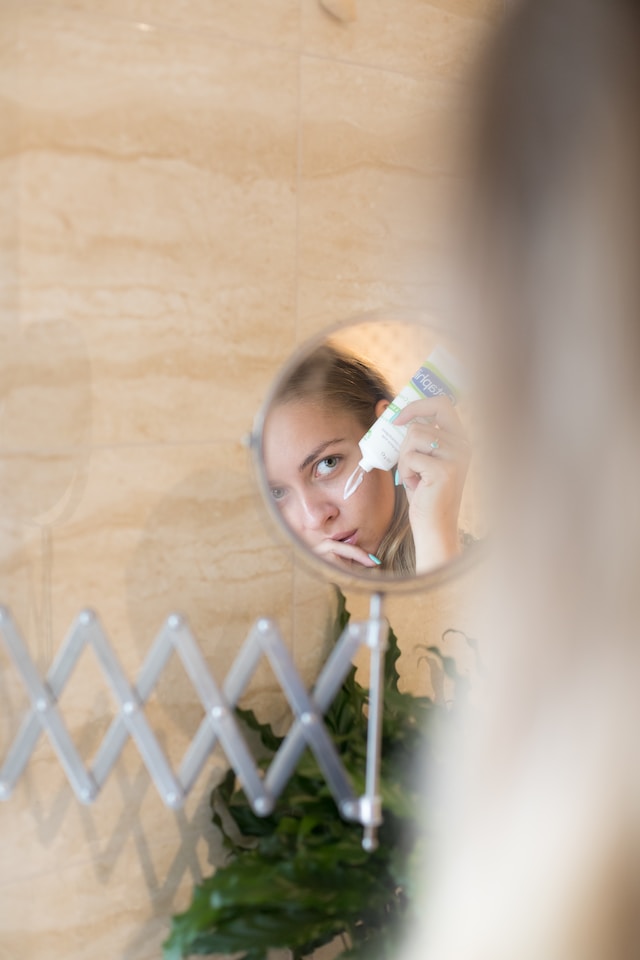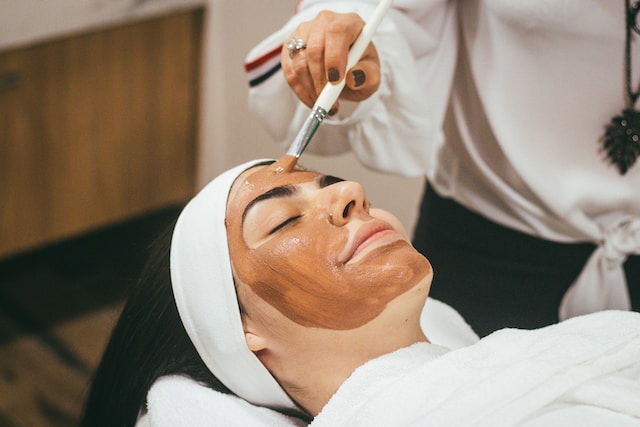Skin, the largest organ in the human body, is a remarkable canvas that reflects our overall health, lifestyle, and self-care practices. Achieving and maintaining healthy and radiant skin is a goal for many, but it often requires understanding the basics of skincare, personalized routines, and a commitment to nurturing your skin. In this article, we’ll delve into the world of skincare, exploring its importance, key components, daily habits, and how to tailor a skincare regimen to achieve the glowing complexion you desire.
Skincare is not merely a superficial concern; it is a vital aspect of overall health and well-being. Healthy skin acts as a protective barrier, shielding the body from environmental toxins, UV radiation, and microbial invaders. It also plays a crucial role in temperature regulation, hydration, and sensory perception. Taking care of your skin is a holistic approach to self-care.One of the fundamental principles of Ciencia skincare is understanding your skin type. Skin can be categorized into various types, such as oily, dry, combination, sensitive, and normal. Identifying your skin type allows you to select the right products and treatments that cater to your skin’s specific needs.

While a basic routine is a great starting point, some individuals may require more specialized care. To address specific concerns or target certain skin issues, consider incorporating additional products such as serums, exfoliants, and treatments. It’s essential to select products that are suitable for your skin type and concerns.
Proper hydration is key to healthy skin. While topical moisturizers help lock in external moisture, it’s equally important to hydrate your body from within. Drinking an adequate amount of water and consuming a balanced diet rich in fruits and vegetables nourishes your skin and helps maintain its elasticity and glow.Exfoliation is an essential step in maintaining smooth and radiant skin. There are two primary methods of exfoliation: physical exfoliation, which uses scrubs or tools, and chemical exfoliation, which involves the use of acids or enzymes. The choice of exfoliation method should be based on your skin type and individual preferences.

Sunscreen is a non-negotiable aspect of skincare. The harmful effects of UV radiation from the sun cause premature ageing and skin cancer. Applying sunscreen daily is essential to protect your skin and maintain its youthful appearance.Aging is natural and various preventive measures can help slow down the signs of aging. These may include antioxidants, retinoids, and serums specifically designed to target ageing concerns. Consulting a dermatologist can provide personalized recommendations for anti-ageing skincare.
Maintaining healthy skin goes beyond applying products; it also involves avoiding harmful habits. Smoking, excessive alcohol consumption, and poor dietary choices can contribute to premature ageing and skin issues.Stress can take a toll on your skin. High-stress levels may exacerbate skin conditions such as acne, eczema, and psoriasis. Practising stress management techniques such as mindfulness, meditation, and relaxation exercises can help maintain clear and healthy skin.
For those with specific skin concerns or conditions, regular check-ins with a dermatologist are highly recommended. Dermatologists can provide professional advice, diagnose skin issues, and recommend treatments or procedures that are tailored to your individual needs.









